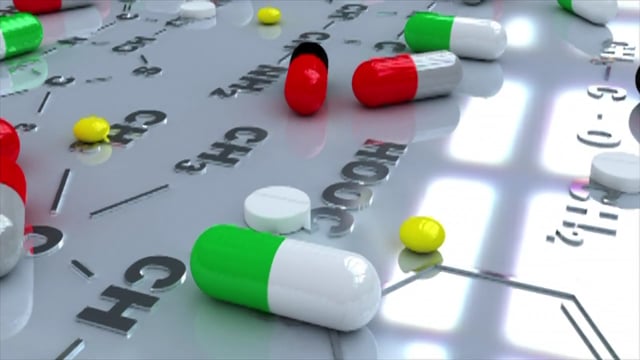Medicines play a vital role in modern healthcare. From curing diseases and relieving pain to managing chronic conditions, medicines help improve the quality of life and increase life expectancy.


What Are Medicines?
Medicines are substances or compounds used to diagnose, treat, prevent, or relieve symptoms of diseases. They can be natural (derived from plants or animals), synthetic (man-made chemicals), or biological (produced using living cells or organisms). Medicines may come in various forms including tablets, capsules, syrups, creams, injections, and inhalers.
Types of Medicines
Prescription Medicines
These are drugs prescribed by a licensed healthcare professional. They are used to treat specific health conditions and are only available with a doctor’s prescription. Examples include antibiotics, insulin, antidepressants, and blood pressure medications.Over-the-Counter (OTC) Medicines
These medicines can be bought without a prescription. They are generally used for minor health issues such as headaches, colds, or heartburn. Common OTC drugs include paracetamol, ibuprofen, antacids, and cough syrups.Generic Medicines
These are non-branded versions of prescription medicines with the same active ingredients, strength, and dosage. They are usually more affordable but equally effective as branded drugs.Herbal and Ayurvedic Medicines
Derived from natural sources such as herbs, plants, and minerals, these medicines are often used in traditional healing systems like Ayurveda and Traditional Chinese Medicine. While many offer health benefits, they should be used with caution due to lack of strict regulation.Vaccines
Vaccines are biological preparations that help prevent diseases by stimulating the body’s immune system. They are essential in protecting against infectious diseases like polio, measles, and COVID-19.


Uses of Medicines
Curative: Some medicines treat the root cause of the disease and help eliminate it (e.g., antibiotics for bacterial infections).
Preventive: Vaccines and prophylactic medicines help prevent diseases.
Symptomatic Relief: Many drugs do not cure a disease but help relieve symptoms (e.g., painkillers for headache).
Chronic Disease Management: Conditions like diabetes, asthma, and hypertension require long-term medications to keep them under control.
.
How Medicines Work
Medicines work by interacting with the body’s cells or altering chemical signals to produce the desired effect. For instance:
Pain relievers block pain signals to the brain.
Antihistamines reduce allergic reactions by blocking histamine.
Antibiotics kill or inhibit the growth of harmful bacteria.
Each medicine has a specific mechanism of action, and its effectiveness depends on the correct dosage, form, and timing of administration.
Safe Use of Medicines
Follow the Prescription: Always take medicines as directed by your doctor or pharmacist. Do not change the dose or stop taking the medicine without consulting them.
Check for Side Effects: Some medicines may cause dizziness, nausea, rashes, or more serious reactions. Report any unusual symptoms immediately.
Avoid Self-Medication: Taking medicines without proper guidance can be harmful, especially antibiotics and steroids.
Storage and Expiry: Store medicines in a cool, dry place away from children. Always check the expiry date before use.
Inform About Allergies: Tell your doctor about any allergies or reactions you’ve had in the past.
Drug Interactions: Some medicines can interact with others, including herbal supplements, leading to harmful effects. Keep your doctor informed about all the medications you’re taking.

